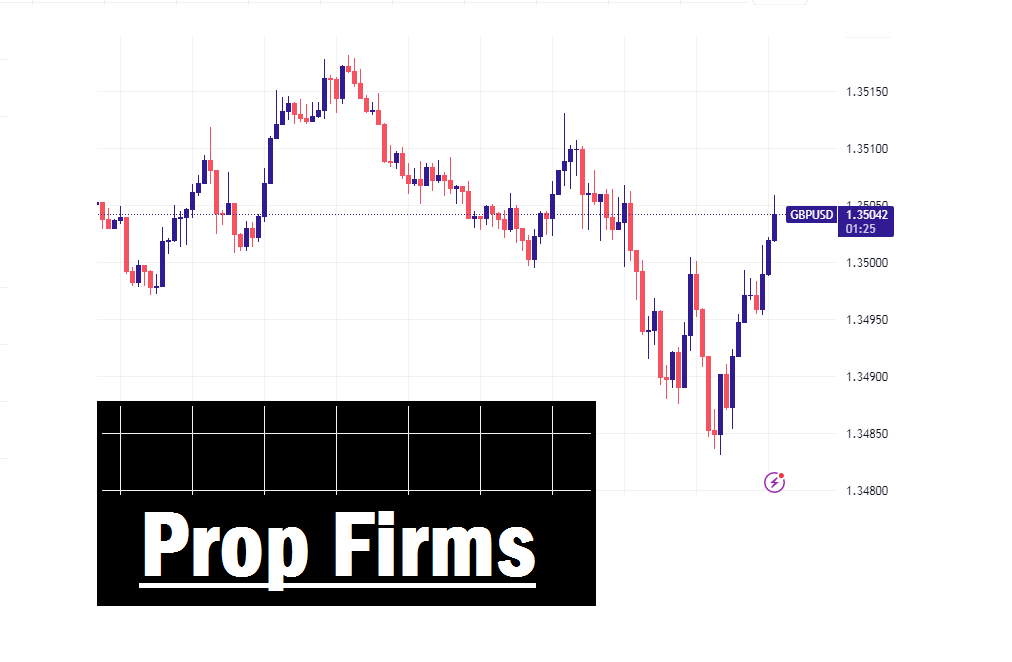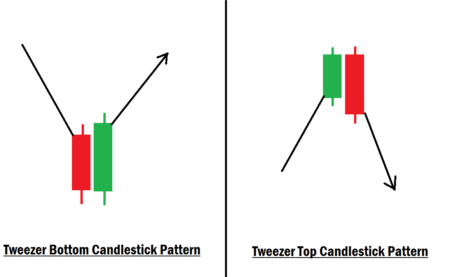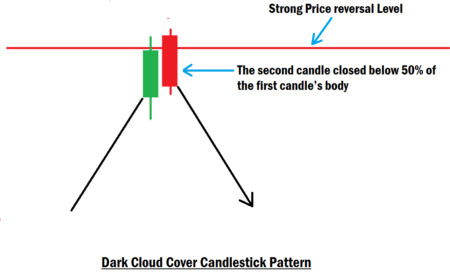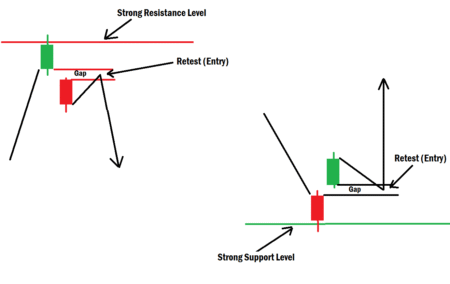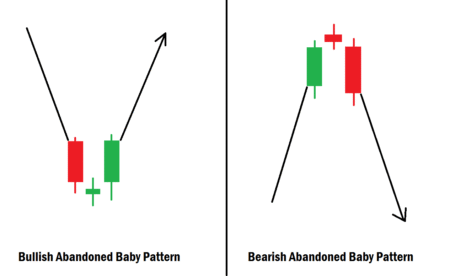Understanding Prop Firms and How They Work in Forex Trading
In this session, we are going to dive into Understanding Prop Firms and How They Work in Forex Trading.
As a beginner trader, you may have heard the term prop firm, but still wonder what it really means and how it can benefit you. Proprietary trading firms, commonly known as prop firms, give professional traders the opportunity to achieve their trading goals without risking large amounts of their own money. However, just like every opportunity in the forex industry, prop firms come with strict terms and conditions that you must fully understand before getting involved.
Understanding how prop firms operate in the financial markets will help you assess whether you are truly ready to take advantage of such opportunities or if you should wait until your trading skills are stronger. As always, we don’t sugarcoat things; we present the truth as it is, so that you’re prepared for the reality of the trading journey ahead.
In this lesson, we’ll break down:
- What a prop firm is in forex trading.
- How prop firms operate.
- Who needs a prop firm.
- The Advantages and Disadvantages of Using a Prop Firm.
- How prop firms make money from retail traders.
Are you ready? Let’s get into it!
What Is a Prop Firm in Forex?
In the financial market, prop firms (proprietary trading firms) are companies that provide traders with access to large trading capital in exchange for a share of the profits they generate. Instead of trading with their own small accounts, traders can access significant funding once they prove their skills.
Most prop firms require traders to pass an evaluation challenge before funding them. This challenge is designed to test profitability, consistency, and risk management skills. Only traders who successfully pass these stages are granted access to real funded accounts.
In simple terms, a prop firm allows a trader with limited capital to purchase access to a large trading account, offering the chance to earn higher profits with a structured profit-sharing model.
How Do Prop Firms Operate?
When you register with a prop firm, you’ll be given the option to purchase trading accounts of different sizes, usually ranging from a few thousand dollars to hundreds of thousands, or even millions, depending on the firm.
For example, you may buy a $10,000 trading account for around $100, depending on the firm’s pricing structure. After payment, you will begin the evaluation process. This process often involves one or more stages where you must trade under strict rules, such as maintaining risk limits, avoiding high drawdowns, and achieving specific profit targets. To illustrate, applying a strict 1% risk rule would mean that for each trade during the evaluation phase, you would only risk a maximum of $100. This approach helps to manage losses effectively, ensuring that no single trade will significantly impact your ability to pass the evaluation.
If you fail the evaluation at any stage, you lose the money you paid, and you won’t get funded. But if you pass, it means you’ve proven your trading ability, and you will then be funded with real money. At this point, you’ll receive a share of the profits you make, usually paid monthly.
However, it’s important to note that breaking any of the firm’s rules, such as over-leveraging, trading during restricted news events, or hitting the drawdown limit, can result in losing your funded account. Every firm has its own rules, so you must study them carefully.
Who Needs a Prop Firm?
Are prop firms good for traders? The short answer is YES! But only if you’re a professional trader with strong trading skills, consistency, and discipline. Before deciding to join a prop firm, it is crucial for traders to self-reflect on their readiness. Ask yourself these questions: Have I logged six months of consecutive demo profits? Am I confident in my trading strategy? Can I manage risk effectively? Answering these honestly will help determine if you are ready to invest in a prop firm. Prop firms are best suited for traders who:
- Have developed a proven trading edge.
- They are confident in their strategies.
- Can manage risk effectively.
- Lack the personal capital to scale up.
If you are still struggling in the forex market or have not yet mastered your trading strategy, it’s better to stick with a demo account until you’re fully prepared. Jumping into a prop firm too early will likely lead to losing money.
Advantages of Using a Prop Firm
If you are a skilled trader with a strong edge, prop firms can help you:
- Scale up faster: Instead of waiting years to build capital, you can immediately access larger accounts. Consider the experienced trader who, through discipline and a proven strategy, quickly scaled their account and maximized profits within a few months. In contrast, another trader, though talented, failed due to ignoring the firm’s rules, resulting in a swift loss of the funded account.
- Increase your income: With bigger account sizes, even small percentage gains translate into significant profits.
- Trade with lower personal risk: You’re risking a small evaluation fee instead of your own life savings.
For professional traders, prop firms provide the perfect pathway to grow income quickly and maximize returns.
Disadvantages of Using a Prop Firm
For beginner traders, prop firms can become one of the fastest ways to lose money. Why?
- High failure rate: Most traders fail the evaluation stage due to a lack of discipline or strategy. Industry figures suggest that only 6–8% of traders actually succeed in these evaluations. This low pass rate underscores the importance of being well-prepared and disciplined before attempting to join a prop firm.
- No refund on failure: Once you fail the challenge, your evaluation fee is gone.
- Strict rules: Even after getting funded, breaking the firm’s trading rules can lead to losing your account.
Simply put, prop firms are not designed for inexperienced traders. They are for professionals who are already profitable.
How Do Prop Firms Make Money from Traders?
Prop firms are businesses, and they have structured their models to remain profitable even when most traders fail.
Let’s use an example:
- 1,000 traders each pay $100 for a $10,000 evaluation account.
- The prop firm instantly collects $100,000 in fees.
- From experience, the firm knows that fewer than 10% will pass the evaluation. That means around 900 traders fail, and the firm keeps their fees.
- Out of the 100 who pass, only a small percentage will consistently make profits without breaking rules.
- In the end, perhaps only 1% of the original 1,000 traders succeed long-term.
This is how prop firms generate massive income: they rely on evaluation fees, strict rules, and the fact that most traders are not prepared for the challenges they face.
Final Thoughts
Joining a prop firm can be a wise and rewarding decision for traders who are skilled, disciplined, and consistent. Many professionals have scaled up their trading careers by leveraging prop firms.
However, if you are still struggling in the forex market, it’s best to wait. Focus on building your skills, developing a trading edge, and mastering risk management before investing in a prop firm evaluation.
Remember, prop firms are not for everyone; they are for prepared traders.
For further questions about prop firms or would like us to cover another trading topic, feel free to share your thoughts in the comment section. Make sure you are prepared before going for a prop firm account.

